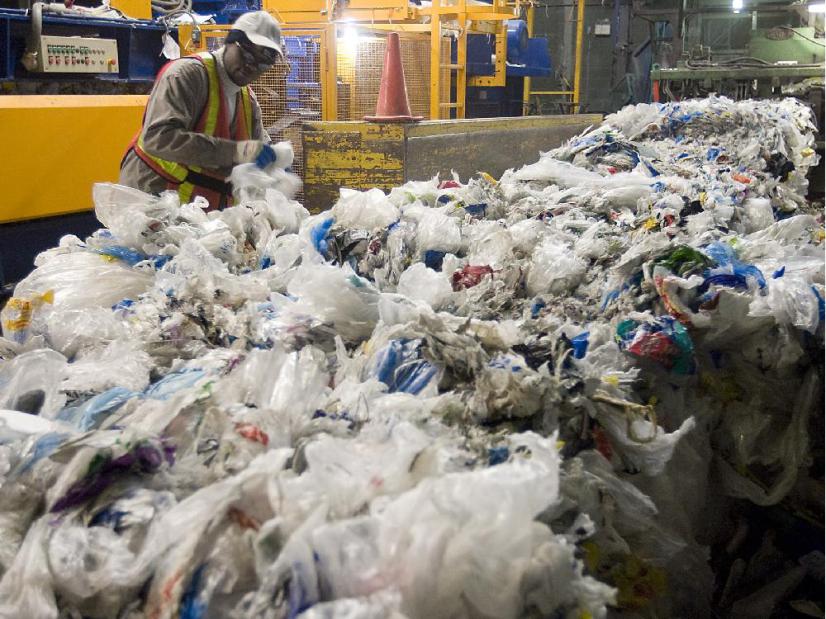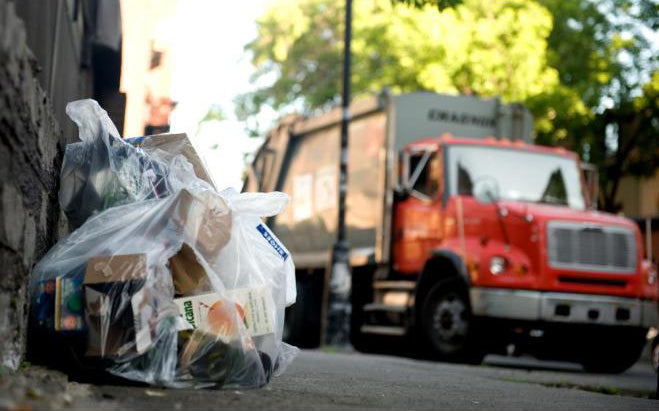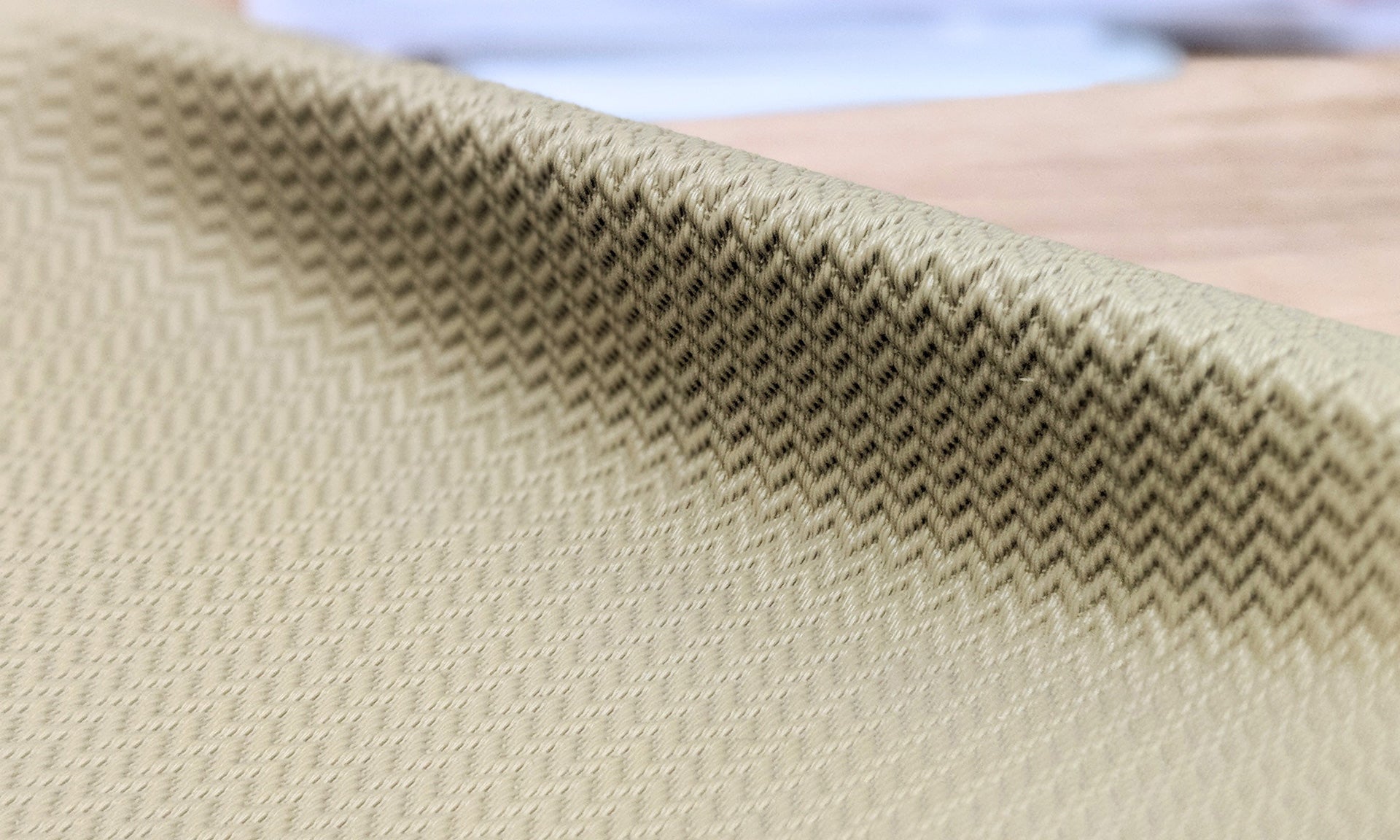Avec tout ce qui se passe dans le monde et tant de causes à défendre, choisir son combat peut être une décision difficile. Nombre d'entre nous préfèrent fermer les yeux, tandis que d'autres seront la cause du changement. L'important n'est pas de savoir de quel côté vous êtes, mais plutôt ce qui vous motive. Chacun a le don de faire la différence, qu'il s'agisse de créer une association, de ramasser les déchets dans la rue ou de nourrir les sans-abri. Ces petits gestes, plus ou moins importants, peuvent contribuer à transformer une communauté pour le bien commun. Pensez-y, l'empreinte que nous laissons sur la planète est si importante que vivre dans une ville durable du XXIe siècle n'est pas aussi irréaliste qu'il y paraît. Tout commence par un changement subtil dans nos habitudes quotidiennes.
Parfois, en matière de recyclage, les consommateurs font plus de mal que de bien. Même avec de bonnes intentions, il est très fréquent de se retrouver avec un problème de « matériaux au mauvais endroit ». La Ville de Montréal a rapporté en 2014 que plus de 58,3 % des Montréalais recyclaient les matières plastiques. Il s'agit d'une nette amélioration par rapport à 2010, où les consommateurs recyclaient environ 53 % . Cependant, le premier ministre Justin Trudeau souhaite porter ce chiffre à 85 % du plastique recyclé d'ici 2025. (Global News, juin 2018)

Un travailleur sécurise des sacs en plastique à l'usine de recyclage de Montréal, le 25 novembre 2008.
Cette pression gouvernementale vise principalement à encourager les citoyens à agir et à mieux recycler. Par exemple, Recyc-Québec rapporte qu'environ 7,5 % des articles déposés dans les bacs de recyclage sont contaminés. Ces matières recyclables comprennent la graisse, le verre brisé ou des matières non recyclables, comme le polystyrène. D'où notre question du « PPRMT ». La bonne nouvelle, c'est que, comparativement aux autres provinces, les statistiques du Québec sont relativement faibles !

Des sacs de recyclage en plastique bordent les rues du Plateau.
Ce qui est intéressant avec le recyclage au Québec, c'est que nous avons bénéficié d'un accompagnement pour accroître notre efficacité en matière de réduction des matières recyclables et des déchets. L'an dernier, 40 % des articles récupérables ont été collectés et transformés en nouveaux produits , tandis que les 60 % restants ont été vendus à la Chine (CBC News, novembre 2018), le plus grand importateur mondial de matières recyclables. La Chine a joué un rôle important dans les relations avec les centres de recyclage de Montréal, presque entièrement dépendants de son pouvoir d'achat. Malheureusement, au début de l'année, la Chine a interdit l'importation de tout papier contenant plus de 0,5 % de contamination.

Des balles de papier sont empilées à l'extérieur du Complexe environnemental St-Michel, le lundi 19 mars 2018.
L'interdiction est entrée en vigueur presque immédiatement et, au cours des six premiers mois, environ 6 000 balles de papier et de carton ont commencé à s'accumuler dans le plus grand centre de recyclage de Montréal (Montreal Gazette, mars 2018). Plutôt que de transférer les balles vers des sites d'enfouissement, le centre Saint-Michel a décidé qu'il serait préférable de les entreposer jusqu'à ce que son installation atteigne sa pleine capacité. Cela a également ouvert la voie à la vente de matériaux commercialisables aux consommateurs postaux. Cependant, ces solutions ne sont que temporaires. Les dirigeants montréalais devront prendre les mesures nécessaires en investissant les 30 millions de dollars déjà promis pour maintenir les installations à flot. (CBC News, mai 2018)



